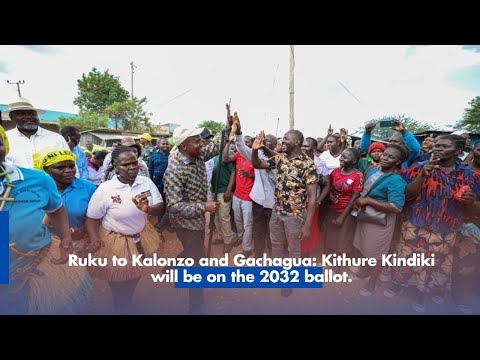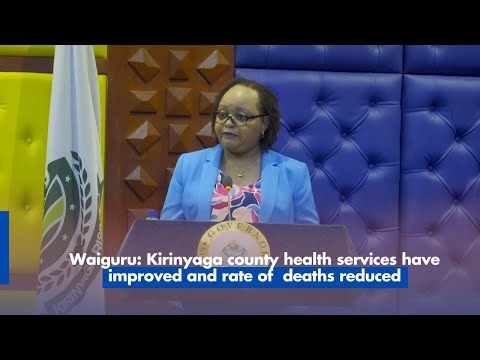There has been ongoing party polls for various major political parties in the country in the last one moth. This country has unchallenged record that the problems bedevilling our major political parties is because their leadership has failed the 30 per cent gender threshold rule stipulated by the constitution.
But the din coming from the two biggest parties, the United Democratic Party and the Orange Democratic Movement is largely generated and controlled by men.
Even when they are jostling for leadership, they ensure the conversation is not skewed towards the ugly truth of embracing women empowerment.
Empowering women doesn’t necessarily stops at financial resources, but also include reforms to give women equal rights to economic and political opportunities, as well as a control over government systems.
That probably is the reason former British Prime Minister Margaret Thatcher has once said that ‘if you want something said, ask a man and you will get but if you want something done, then ask a woman and it will be done." This clearly shows the commitment and dedication of women in any endeavour.
The truth is that there is no party in Kenya that has actively sought to encourage the rise of female gender to senior leadership positions. One can ignorantly dismiss this by claiming that our politics is still evolving, the truth is that our male dominated politics has no space for ladies unless it is to refer to them in often derogatory terms.
As a result, women still have to rely on token appointments to senior positions and the goodwill of party leaders to get into position of influence. Women in Rwanda and countries like India have benefited from the active engagement of President Paul Kagame, who has gone out of his way to ensure one of the highest levels of gender parity in Parliament.
The number of women candidates for key posts in ODM in recent party politics has been puzzling. Its rival UDA that is currently holding grassroots elections can hardly claim to be any better.
Unless major political parties deliberately initiate programmes to encourage women to run for party and political posts, it will be difficult for Kenya to meet the one-third gender representation even in the next ten years to come. Hence, women will remain on the edge of mainstream politics, unable to hit the glass ceiling of party leadership.
But Kenya is not unique in this respect. South Africa has one of the most established constitutions in Africa faces similar problem. Its biggest political party African National Congress remains one big male political club. Generally, Africa lag behind on issues of women empowerment in party politics.
Gender parity in politics is difficult to realise, but not improbable. Let it begin with party polls. Since most political parties lack internal democracy, those shouting for the advancement of women might be screaming hoarse in the wind.
Although Kenya has more women CEOs today than in the past, but the glass ceiling of politics remains the elusive Holy Grail.
National organising secretary, Ford Kenya
















